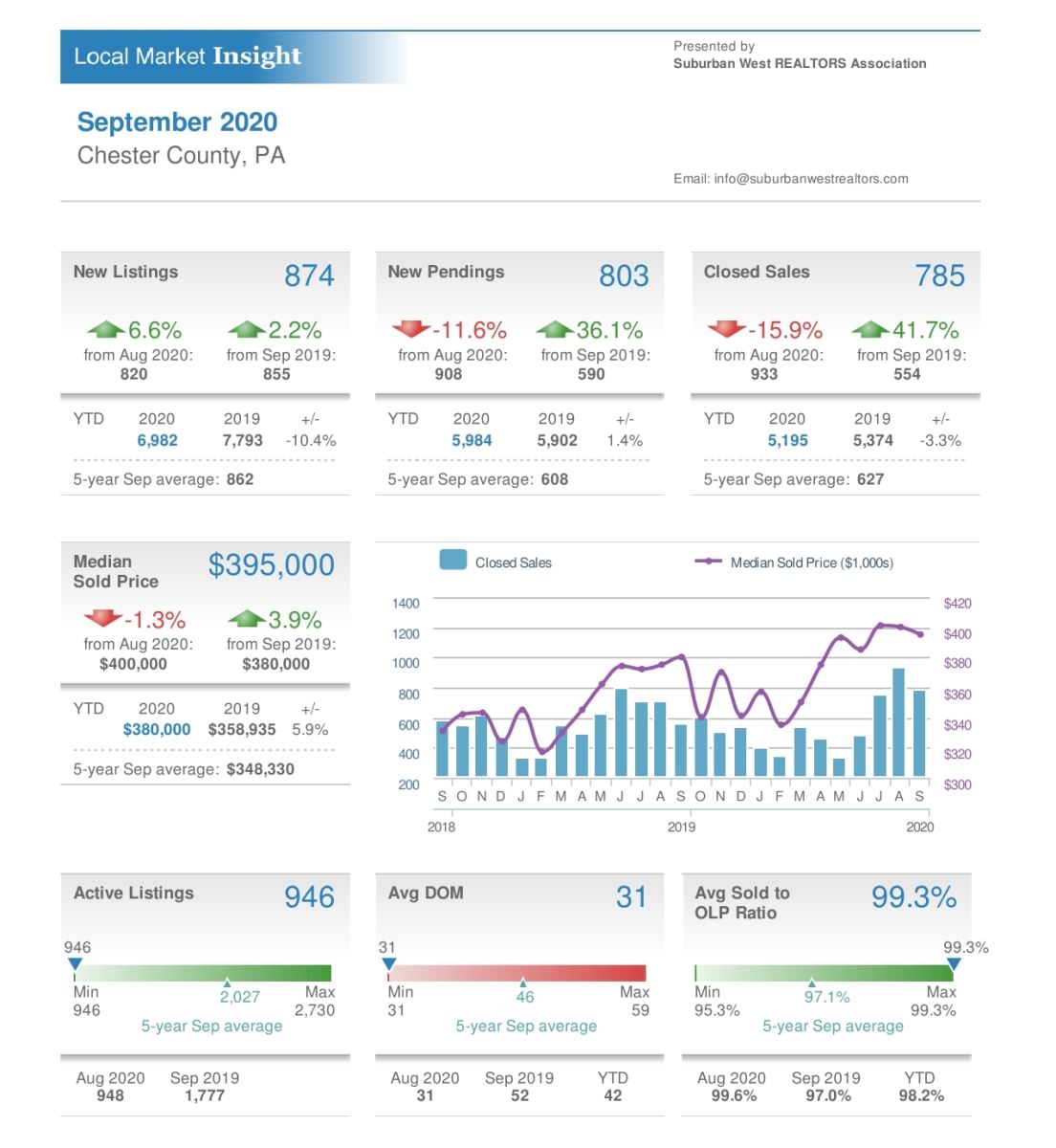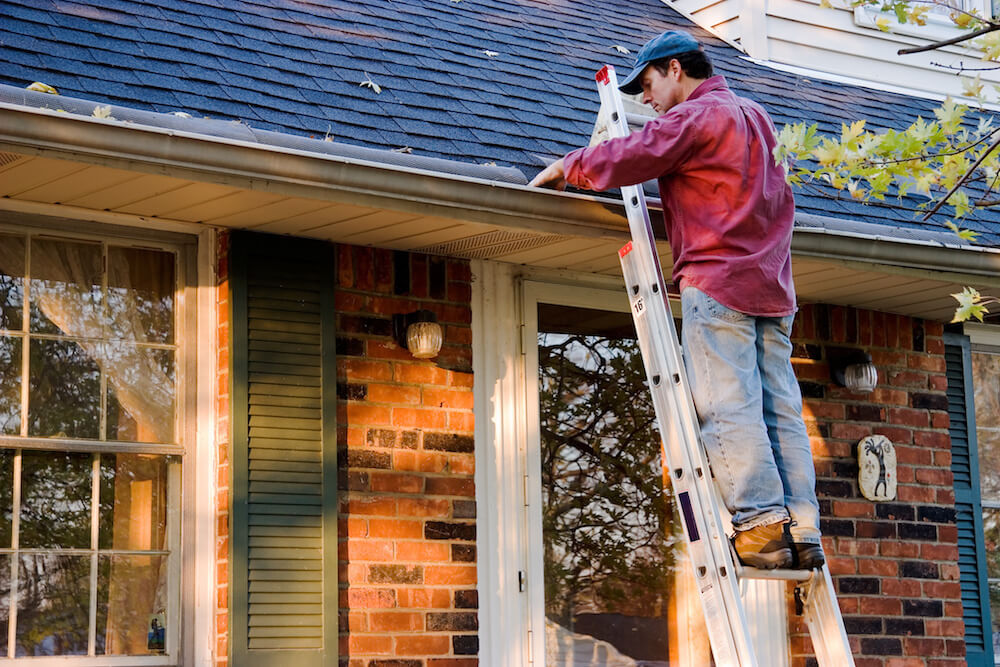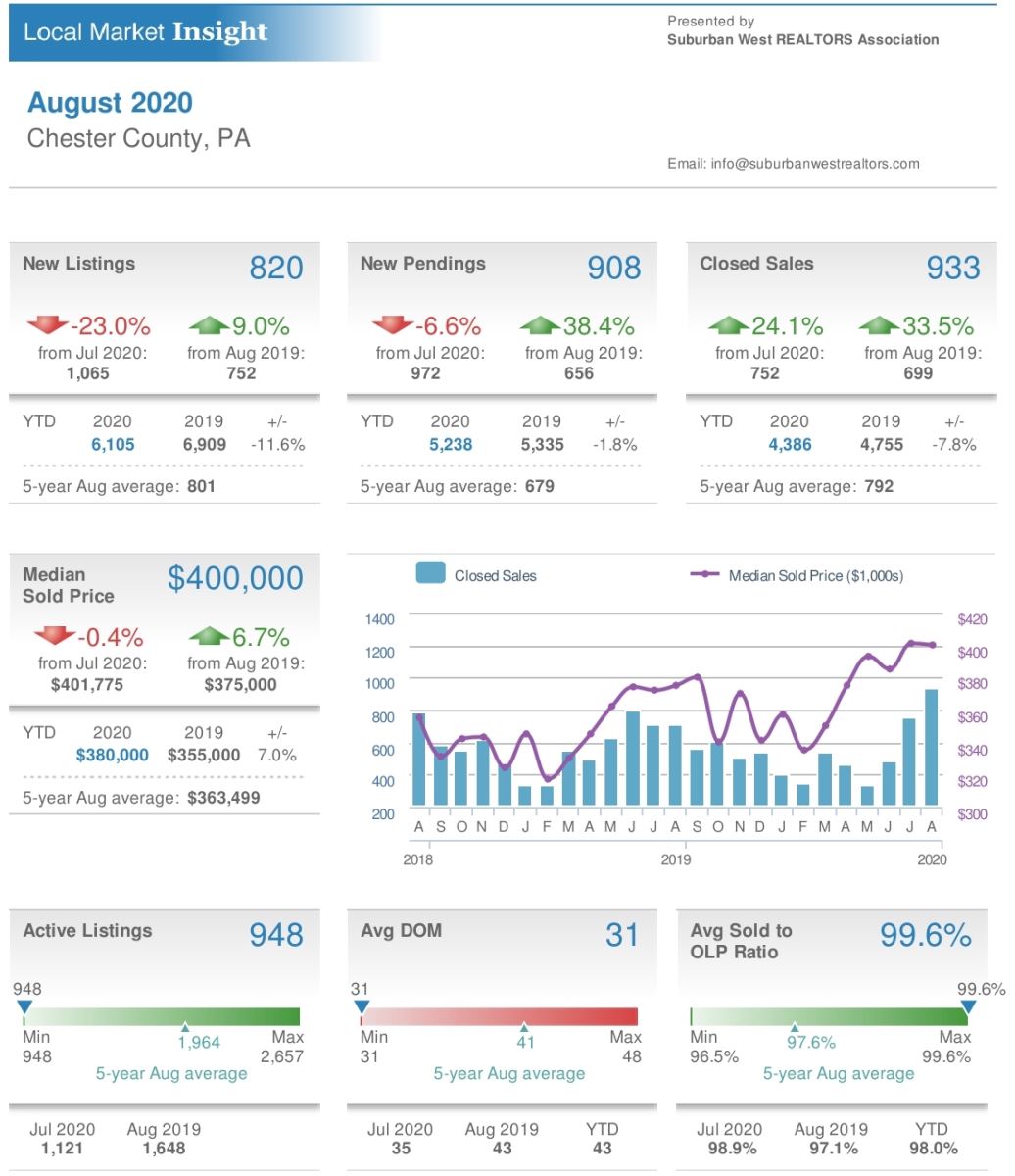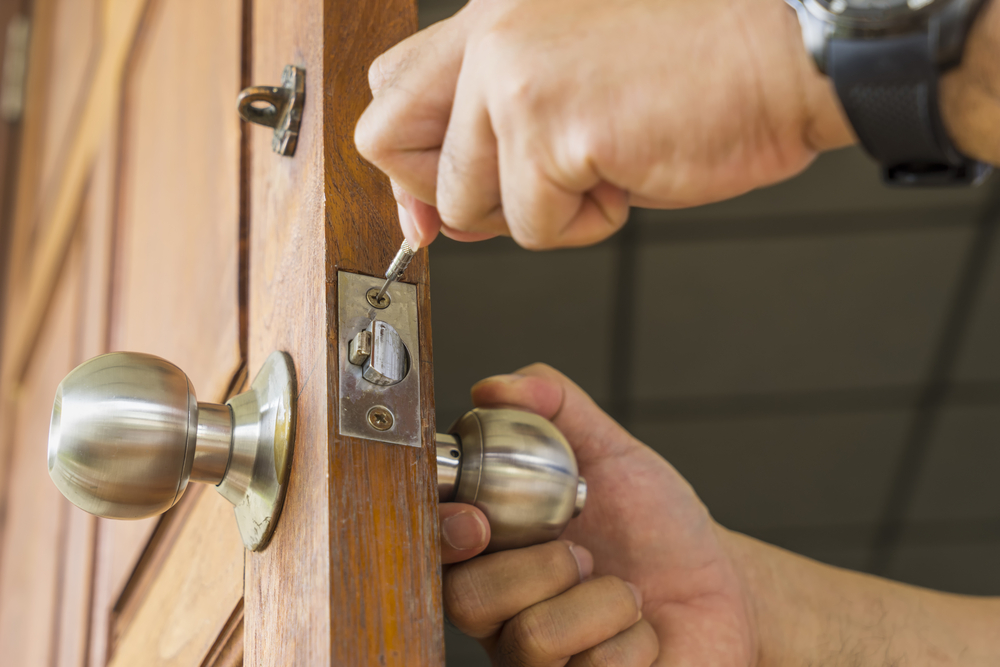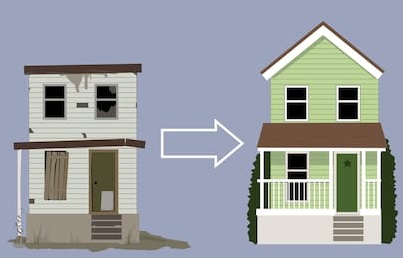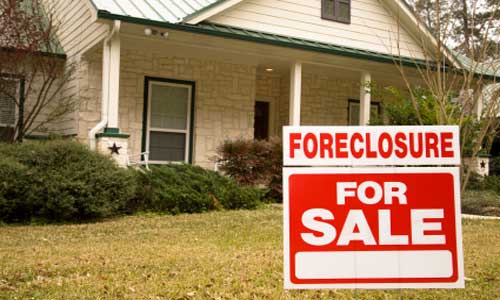Tax Benefits of Homeownership
When listing pros of owning a home in comparison to renting one, many think of things like lower monthly payments for the roof over their heads, the freedom to renovate or simply paint as they desire, or the opportunity to finally have a garden of their dreams. Tax benefits, however, are not something many consider; learn about some of the main tax-related advantages homeownership can bring:
-
 Tax deduction on mortgage interest: when a homeowner’s mortgage is no greater than $750,000, the interest on that mortgage is tax-deductible.
Tax deduction on mortgage interest: when a homeowner’s mortgage is no greater than $750,000, the interest on that mortgage is tax-deductible.
-
- In 2017, the IRS made changes to this deduction, reducing the mortgage limit. If your mortgage was taken out before December 2017 and is $1 million or less, this deduction applies to your situation as well.
-
- Having a home equity line of credit (HELOC) that meets the above standards will receive the interest tax credit as well.
-
- In case a homeowner has two mortgages that are each less than the $750,000 limit, but the total of those mortgages exceeds the limit, not all interest is deductible. Learn more from the IRS Newsroom.
-
- According to the Tax Cuts and Jobs Act, this benefit will stand through 2026!
-
When the home was purchased, were mortgage points used as part of the loan transaction? This may qualify for a tax credit. Use this handy worksheet from the IRS to determine eligibility.
-
Many have used their homes for office space this past year, but not everyone qualifies for a home office tax credit. Those who are independent contractors or self-employed are the only taxpayers allowed this credit.
-
Your lender is required to include property taxes paid on the 1098 form they send at tax time. Property taxes paid up to $10,000 are eligible for a tax deduction.
-
If you are paying private mortgage insurance (PMI), the law to receive a tax credit for this has been reinstated as well as being retroactive. House Logic has more information about the changes and benefits.
-
Living in a federally declared disaster area can also get tax boons for homeowners. Find more information about the natural disaster relief from TurboTax.
Do not miss out on these tax deductions! Normally, hiring a professional tax preparer will get the most benefits for you if you give them all the necessary paperwork. Keep in mind that using an online tax prep service will ask homeowner-related questions as you work through your return, and self-tax prep is generally less expensive, depending on the software company you choose.
Courtesy of Chester County PA Realtor Scott Darling.
Photo credit: LA Property Solutions

